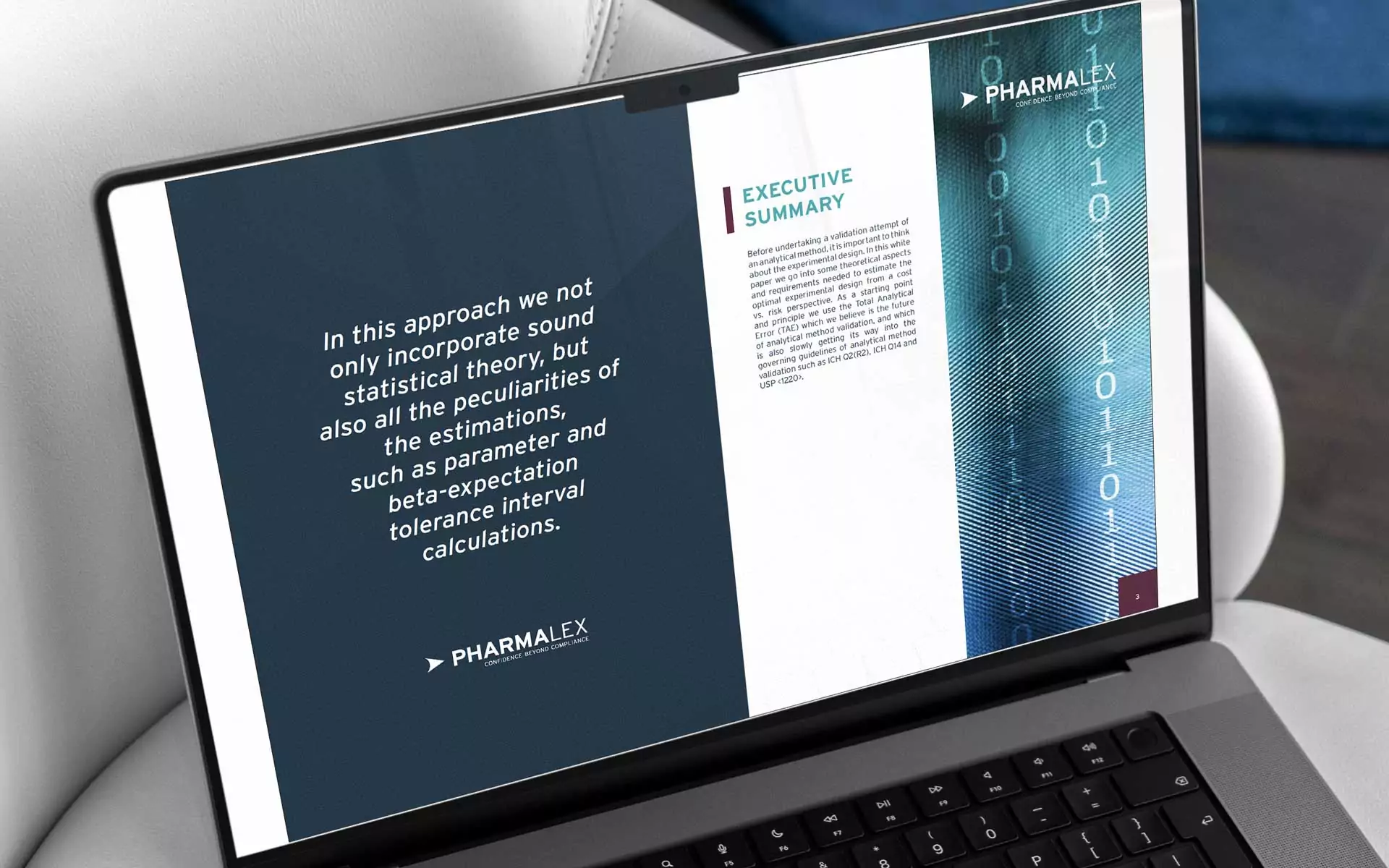The European Medicines Agency has laid out its goals for the Product Management Service (PMS) as a single source of truth for medicinal product data[1]. PMS is a database of authorized medicinal products that can be accessed and used by regulators and marketing authorization holders. A limited subset of PMS data will be available to the general public through a public portal, with the objective of giving patients reliable information about their medicines.
PMS is a central plank in the EMA’s four-phase SPOR program (substance, product, organisations and referentials), which supports the implementation of Identification of Medicinal Product (IDMP) standards in the European Union. The purpose is to establish data standardization and facilitate the exchange of data across the network of European regulators. It will also support greater product data transparency across Europe and the digitalization of European regulatory procedures.
As EMA made clear in its PMS information day presentation in April[2], PMS is intended to be used by regulators and industry, both in regulatory and non-regulatory procedures, as well as to support European citizens with a trusted source of product information. It is therefore important that companies don’t try to classify PMS as a purely regulatory activity. Rather, a master data initiative should bedriven from a management level, so this important data can be leveraged for commercial as well as regulatory purposes.
Indeed, there is much talk within pharmaceutical companies about using artificial intelligence and other digital tools for multiple purposes, but this will require good quality data. Compliance with PMS will provide the data integrity that will be needed to achieve the goal of leveraging data for different purposes, including AI-led projects.
For its part, the EMA has outlined several benefits and business outcomes that PMS can support, including better and faster decision-making based on more data available, support for regulatory and non-regulatory procedures, and operational efficiencies, among others.
Master data in broad use
The PMS will consume master data from the other domains of the SPOR (substance, organisations and referentials) to uniquely identify products. The product master data comprises, for example, the official pharmaceutical form, strength, pack sizes and indications approved.
As EMA has noted, re-use and updating of the master data will reduce duplication of work and reduce errors introduced by manual operations by providing a single data source through systems and regulatory processes.
The master data from PMS will be leveraged for a number of other EMA systems, including the electronic Application Form (eAF), European Shortages Medicines Portal (ESMP), and electronic Product Information (ePI).
- eAF – when companies submit new applications, they do so through the Product Lifecycle Management (PLM) portal[3]. While currently only applicable for Centrally Authorised Products (CAPs), the portal will soon be available to all products in the EU. The eAF leverages data from the PMS, but if companies see out-of-date master data in the portal they can propose changes to the regulatory authorities, which, if accepted, will result in changes to the master data.
- ESMP – drug shortages have been a significant problem in the European Union, and during Covid availability of critical medicines became a serious issue. ESMP will be put in place to help EMA monitor the availability of critical medicines during crisis situations, including public health emergencies[4]. The platform will take the master data from PMS so the authorities can stay on top of medicine shortages.
- ePI – European patients have been frustrated by the lack of electronic product information for their medicines[5]. The ePI seeks to address this by providing digital versions of the package leaflet, and, again, the PMS is the basis of that product information.
Prepare for expanded data use
All of these different uses of product data underscore why it’s important that companies commit to updating and maintaining master data for the PMS.
Furthermore, while the SPOR is a European initiative, IDMP is a global standard and will ultimately be adopted globally. Getting your PMS data in order now will therefore help to support regulatory obligations, bring benefits to the business across Europe, and ultimately serve to prepare companies for global implementation of IDMP standards.
How much do you know about PMS, its broader uses and what EMA expects of you? Have you initiated a PMS program? We would be interested in hearing your perspective.
About the author:
Hanna Saari is Associate Director, Regulatory Affairs, and Head of EU informatics at PharmaLex. Hanna has 20 years of regulatory experience in industry, with a global pharmaceutical company, national competent authorities, and as a consultant.
[1] Substance and product data management services, EMA. https://www.ema.europa.eu/en/human-regulatory-overview/research-development/data-medicines-iso-idmp-standards-overview/substance-product-organisation-referential-spor-master-data/substance-product-data-management-services#pms-implementation-plan-12044
[2] Product Management Service Info Day, EMA, 16 April. chrome-extension://efaidnbmnnnibpcajpcglclefindmkaj/https://www.ema.europa.eu/en/documents/presentation/presentation-product-management-service-pms-info-day_en.pdf
[3] eSubmission, PLM Portal eAF, EMA. https://esubmission.ema.europa.eu/cessp/cessp.htm
[4] European Shortages Monitoring Platform, EMA. https://www.ema.europa.eu/en/human-regulatory-overview/post-authorisation/medicine-shortages-availability-issues/european-shortages-monitoring-platform
[5] Electronic product information (ePI), EMA. https://www.ema.europa.eu/en/human-regulatory-overview/marketing-authorisation/product-information-requirements/electronic-product-information-epi#:~:text=The%20European%20Medicines%20Agency%20(EMA,the%20European%20Union%20(EU).








